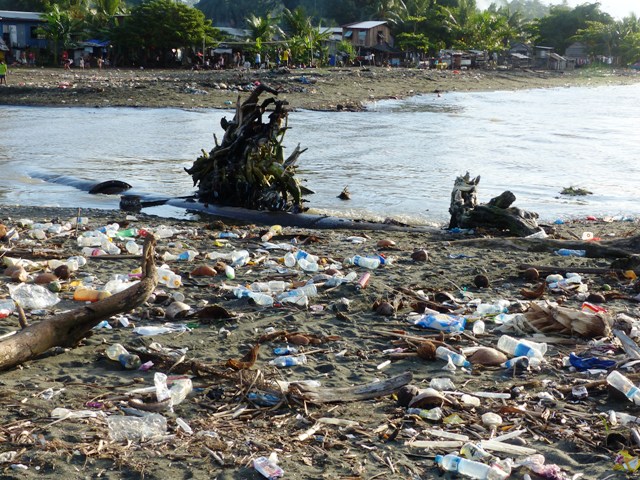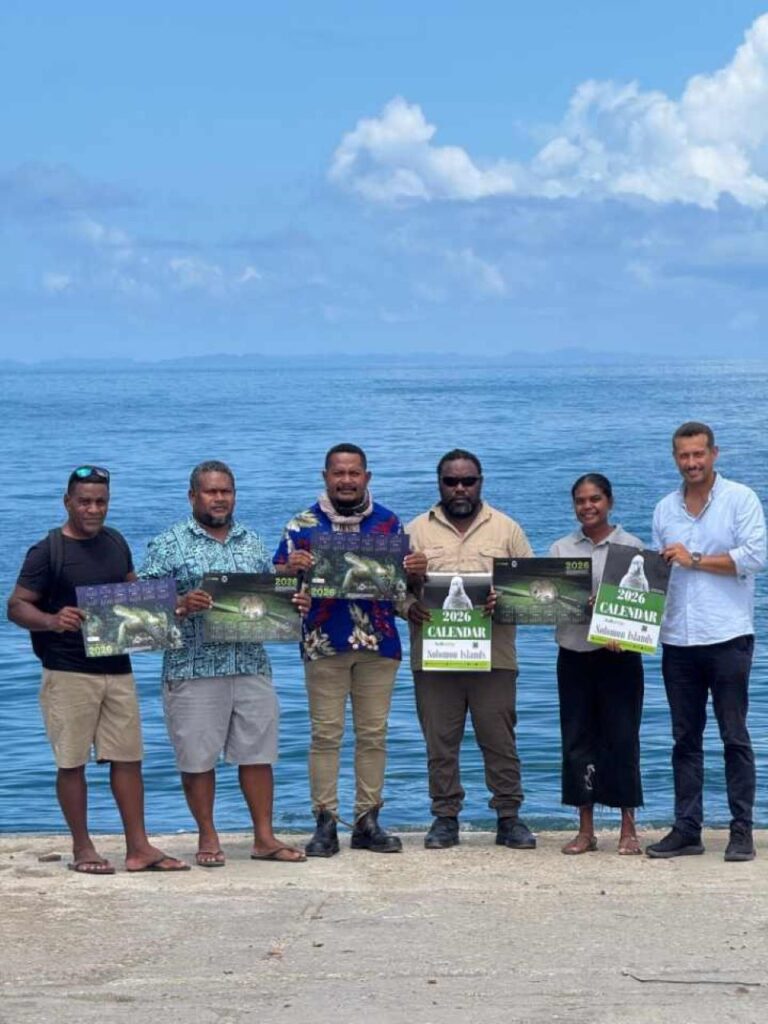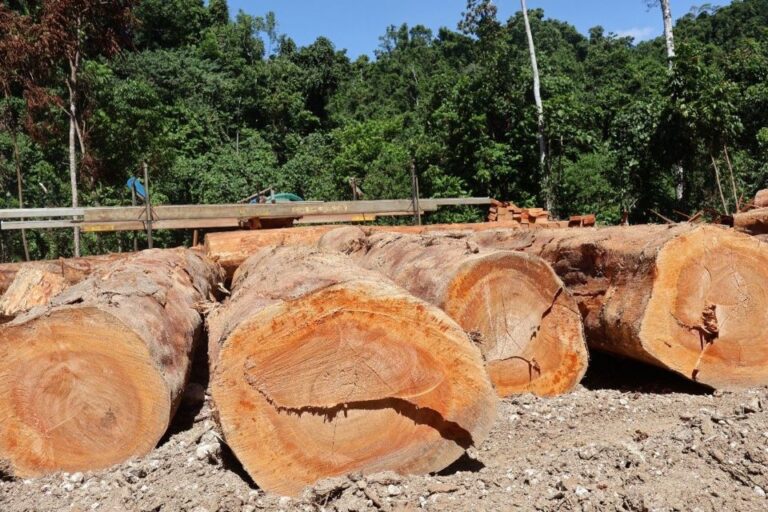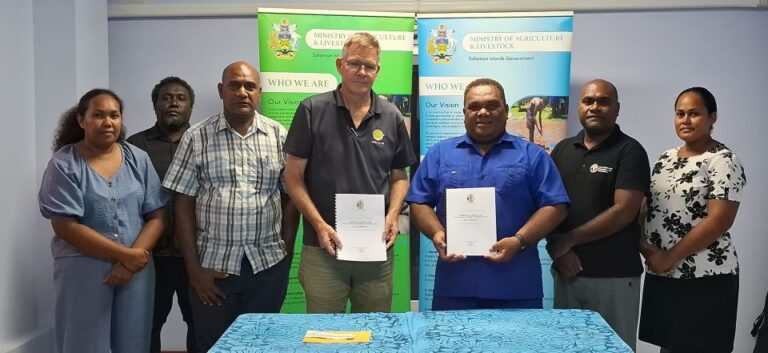BY AGNES MENANOPO
ACCORDING to a study by the Ministry of Environment, Conservation, Disaster Management (MECDM), South Pacific Regional Environment Programme (SPREP) and Asian Development Bank (ADB), as of 2014, 2015, 2017 and 2019, Solomon Islands have waste made up of plastics.
Because of its negative impacts on the environment, health, economic development, environment is the source of livelihood, income, traditional medicine amongst other ecosystem services. Studies show that already marine species are threatened by plastic pollution.
According to material flows of plastic waste data collected in the Solomon Islands by Anne Prince Consulting/ADB in July 2017, plastic wastes consist of an estimated 72 metric tons of plastic shopping bags and 111 metric tons of polyethylene terephthalate.
“An estimated daily plastic generation of 63.2 tons is produced in the country and about 55.8tons are mismanaged on a daily basis and of the 63.2tons, 7 tons may comprise of PET (polyethylene terephthalate) or HDPE (high-density polyethylene) plastic eligible for recycling under CDS.
“The country produces an estimated 19,491 tons of plastic wastes per year and 20,394 tons are estimated to have entered waterways and ocean in 2010 and is expected to rise to 176,589 tons by 2025.”
Data collected by CEFAS/ Asia Pacific Waste Consultants, November 2018 reported that plastics make up 7 % in rural Auki, 9 % in Guadalcanal & 16 % in Honiara and the data also shows that almost 100% of the bags found in household wastes were shopping bags less than 300gms.
The number of plastics generated is increasing each and every day, and as humans continue to enjoy using plastics, little do they know that they (humans) and animals are dying due to plastic wastes.
The previously reported data findings collected by the Ministry of Environment and the Pacific Regional Environment Program from the Litter Boom Pilot Project at Mataniko River in 2015 have identified the following types of plastic wastes:
- Film-like plastics
- Soft plastics
- Hard plastics
- PET Bottles
- Ice-blocks
- Nappies/Diapers
- Polystyrene foams
- Rubber and other foams
Single-use plastics, also known as disposable plastics, are materials that are used once before being discarded. These include plastic items such as grocery bags, water bottles, forks and spoons, food packaging, and more. Plastics are made from fossil fuels and leave a large carbon footprint. Once plastics are used (sometimes only once), only a small percentage is recycled, and plastics take hundreds of years to disintegrate.
There are several Solomon Islands communities can take to reduce the usage of single-use plastics. This will include a combination of awareness campaigns and public outreach to increase knowledge on the subject, along with policies to create an incentive for people and businesses to act.




